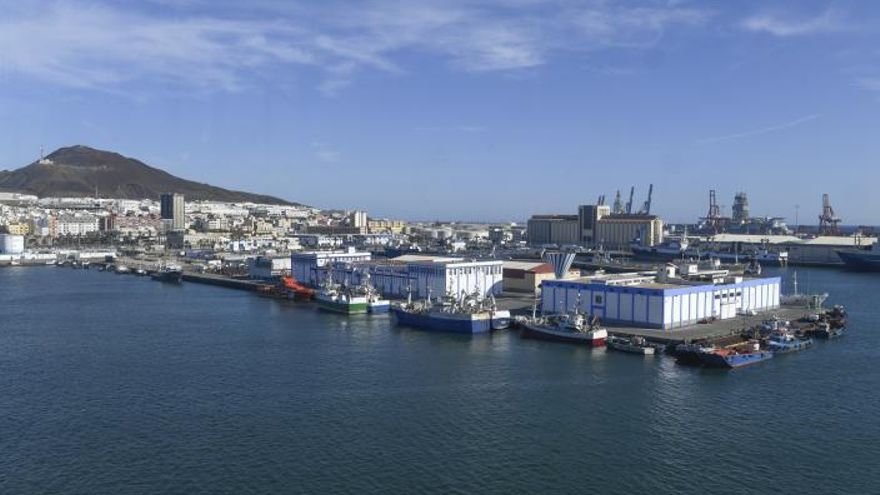
The rise in diesel fuel unleashed by the Russian invasion of Ukrainewhich has already implied that in Canary Islands the liter has gone from costing 0.45 euros at the end of 2021 to 0.90 or the euro that is paid today in Tenerife, it will put in check, if nobody fixes it, 700 fishing boats, their 2,000 crew members and the other 8,000 indirect jobs they generate on land.
This was stated this Wednesday to Eph the vice president of the National Federation of Brotherhoodspatron saint of Agaete and president of the Federation of Las Palmas, Gabriel Jimenezwho has assured that this inflationary escalation is “very serious” and can lead to the closure of many small businesses in the Canary Islands that, after two years of pandemic, they will not be able to resist with an activity that will be reduced to about 120 days a year due to cost overruns.
Jiménez has highlighted that at a national level, fishing fuel is already paid at 1.4 euros per liter, a scenario that could worsen and that will affect, he said, the movement of the fleet, which will result in the economy of the companies in the sector and it will also have consequences in the shopping basketalthough that will depend on the prices set by intermediaries.
In addition to the “small subsidy” on fuel that the Government of Spain grants to the sector “of all life”, and that Europe threatened to withdraw, the country’s fishermen’s associations consider that at this juncture they should be worthy of important support, as have been tourism, hospitality and other essential sectors, to which they consider they belong.
Jiménez has said that this situation affects around 700 ships in the Canary Islandshalf of what there was in the 1990s, especially the tuna boats, which use a lot of fuel because they have to move from one island to another looking for their catches.
“It practically leaves those unemployed, and the medium and small fleet is also affected because the economy of those shipowners is not buoyant after two years of the pandemic in which the sale of fish has not been important at all, to which the lack of fishing has been added due to the tuna quotas”, he referred.
In the same way that it has enabled aid to the sectors most affected by the cessation of activity derived from the restrictions imposed to try to stop the covid-19 pandemic, the fishermen’s associations ask the Government of the Canary Islands “to make a move so that They can keep working.”
“I think it is time for us to be rewarded with something to be able to face what is coming, because this is not going to last a month or two, but lowering these prices will take a couple of years,” Jiménez predicted, who has trusted, however, that it will be possible to return soon to the situation prior to this armed conflict.
















